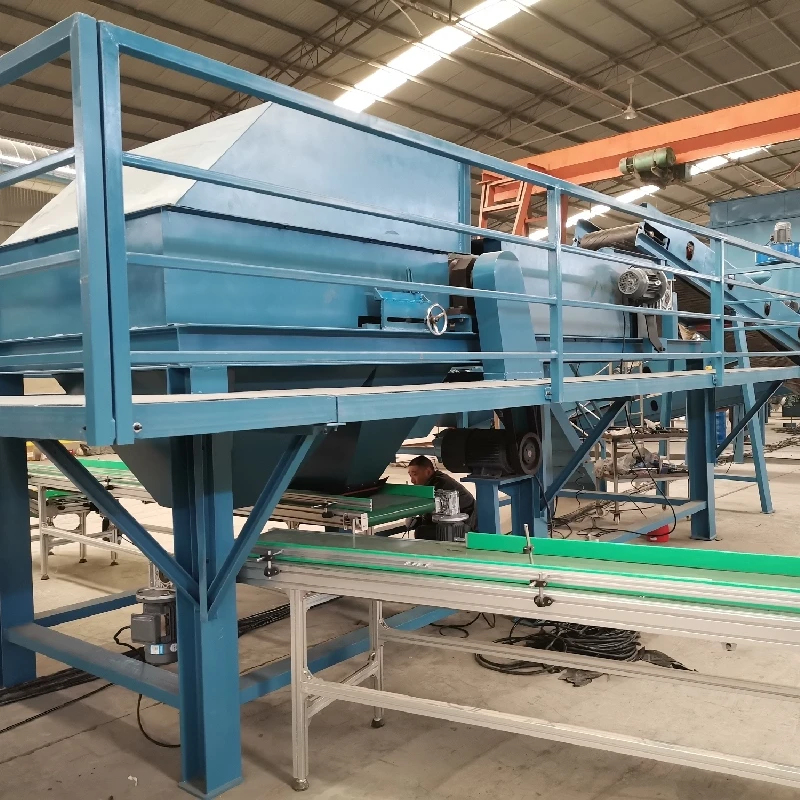

Aug . 30, 2024 21:20 Back to list
Eddy Current Testing in Aluminum Applications
Eddy current testing (ECT) is a non-destructive testing technique widely used for detecting flaws in conductive materials, notably aluminum. This method relies on the principle of electromagnetic induction, where an alternating current induces eddy currents in the conductive material being tested. The interaction between these eddy currents and the magnetic field allows for the identification of variations in material properties, which can indicate the presence of defects such as cracks, corrosion, or variations in thickness.
Eddy Current Testing in Aluminum Applications
One of the key advantages of eddy current testing is its efficiency. Inspectors can quickly assess large areas of aluminum structures and components with minimal downtime. Furthermore, the technique is highly sensitive, allowing for the detection of very small cracks or discontinuities that might compromise the material’s structural integrity.

Different configurations of eddy current probes can be employed, depending on the specific requirements of the inspection. The choice of probe geometry can affect sensitivity and resolution, making it essential to select the appropriate setup for the given application. For instance, a surface probe may be used for assessing thin aluminum sheets, while a bobbin probe might be more suitable for inspecting the inside of tubular components.
Another important aspect of ECT in aluminum applications is its ability to differentiate between various types of defects. Operators can be trained to interpret the signals generated during the inspection process, enabling them to distinguish between actual flaws and benign features, such as variations in the material's conductivity.
Additionally, the portability of eddy current testing equipment makes it ideal for on-site inspections. This flexibility allows industries to maintain quality control without disrupting their production processes. Consequently, ECT has become an integral part of quality assurance programs in industries that rely heavily on aluminum.
In conclusion, eddy current testing is a vital tool for assessing aluminum's integrity and reliability. Its efficiency, sensitivity, and versatility make it an indispensable method for ensuring the safety and performance of aluminum structures in various industries, ultimately contributing to improved quality and reduced maintenance costs.
Latest news
The Future of Metal Recycling: Revolutionizing Waste Management
NewsMay.14,2025
Optimizing Waste with Recycling Lines
NewsMay.14,2025
Municipal Solid Waste Sorting Line: Revolutionizing Waste Management
NewsMay.14,2025
Metal Shredders: Essential Tools for Efficient Recycling
NewsMay.14,2025
Maximize Your Profits with a Copper Wire Granulator
NewsMay.14,2025
Home Metal Shredder: A Smart Choice for Your Home Recycling Needs
NewsMay.14,2025